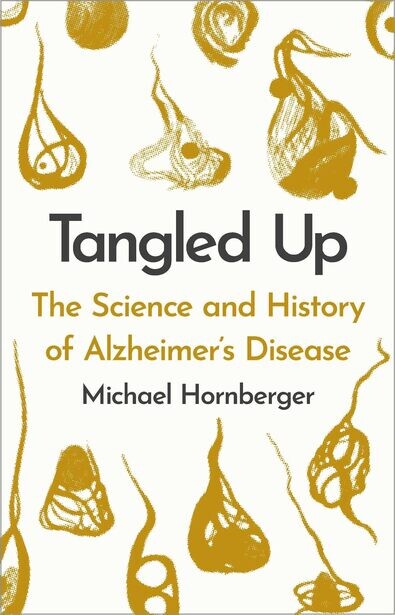Michael Hornberger
Michael is the Professor of Applied Dementia Research at the Norwich Medical School and the Associate Dean of Innovation, Faculty of Medicine and Health Sciences. His research focuses on improving diagnosis, disease progression tracking and symptom management in dementia.
His research group employs various research methodologies (clinical, cognition, sensor technology, neuroimaging and genetics) as well as disease interventions (pharmacological and non-pharmacological) for their research studies. His current research is particularly focused on spatial orientation and navigation deficits in dementia and how this has an impact on people's outdoor activities such as driving and walking safely.

Speaker Session Title: Spatial disorientation in dementia - what are the implications for getting lost and driving?
In this session, I will explain how spatial disorientation, a common but under-recognised symptom in dementia, is affecting people with dementia and specifically Alzheimer’s disease.
Spatial disorientation can affect people with dementia’s ability to walk and drive safely. Specifically, spatial disorientation can lead to getting lost episodes, which are highly common in dementia. These episodes can lead to a reduced independence and safety in people with dementia.
I will outline which are the risk factors for getting lost and how they can be mitigated with existing and upcoming techniques and interventions.
Finally, I will talk about how spatial disorientation can also affect potentially driving in ageing and dementia. Driving is a key aspect for people to remain independent and hence cessation of driving can be a highly emotive topic to discuss.
I will outline current risk factors for cessation of driving in dementia, as well as current procedures for driving assessment in dementia and how people can potentially mitigate some of the spatial disorientation changes in driving with existing in-car technology.

Tangled Up
Tangled Up: The History and Science of Alzheimer’s Disease is the first in a two-book series acquired by the non-fiction publisher directly from Michael Hornberger, Professor of Applied Dementia at the University of East Anglia.
Tangled Up was published last month and is now available to purchase.
Waterstones Link: https://www.waterstones.com/book/tangled-up/michael-hornberger/9781914487422
Amazon Link: https://www.amazon.co.uk/Tangled-Up-History-Science-Alzheimers/dp/1914487427
Alzheimer’s is the most common form of dementia, affecting one million people in the UK and an estimated 55 million worldwide. There is currently no cure for the degenerative brain disease, although new treatments can slow its onset.
Starting with its discovery in 1906 by Alois Alzheimer, a German doctor, Professor Hornberger explains why people with Alzheimer’s disease lose function in different parts of their brain – and how symptoms vary from person to person. As a native German speaker, he could access source material for the book, including Alois Alzheimer’s original notes from his odd interviews with the first ‘Alzheimer’s patient’ Auguste Deter.
Almost everyone knows someone who has had dementia, yet Alzheimer’s itself remains an enigma to all but the most experienced specialists.
Tangled Up explains what causes Alzheimer’s disease, why Alzheimer’s often affects memory first, the chances of inheriting Alzheimer’s from a parent and the practical steps you can take to protect your brain from dementia.
Martin Hickman, Managing Director of Canbury Press, acquired World rights directly from the author. Hickman said: “This is science writing at its best. Tangled Up slowly peels away the lawyers of this baffling and frustrating disease, revealing its gripping history, its strange present and its hopefully limited future. As soon as I read the first few pages, I knew I wanted to publish it.”
Professor Hornberger, who sees Alzheimer’s patients as well as conducting original research into the disease at Norwich Medical Schoolsaid:
“I have always been passionate about communicating science to the public. This book is the consequence of many years engaging with the public to explain the science and history behind Alzheimer’s disease. Not only are many people unaware of the truly astonishing and controversial historical discovery of the disease but I also strongly believe that there is a need for a better understanding of the science behind Alzheimer’s disease. This knowledge allows us to understand how certain symptoms emerge, how we can treat them, and how we can reduce our risk for this devastating disease.”
An estimated one million people have Alzheimer’s disease in the UK and cases are projected to rise to 1.4 million by 2040. Many people and the children of parents with the disease may be reassured by the book’s chapter on genetics.
Tangled Up will contain eight pages of illustrations, including many original to the author. The second book in the series will deal with another aspect of dementia.

